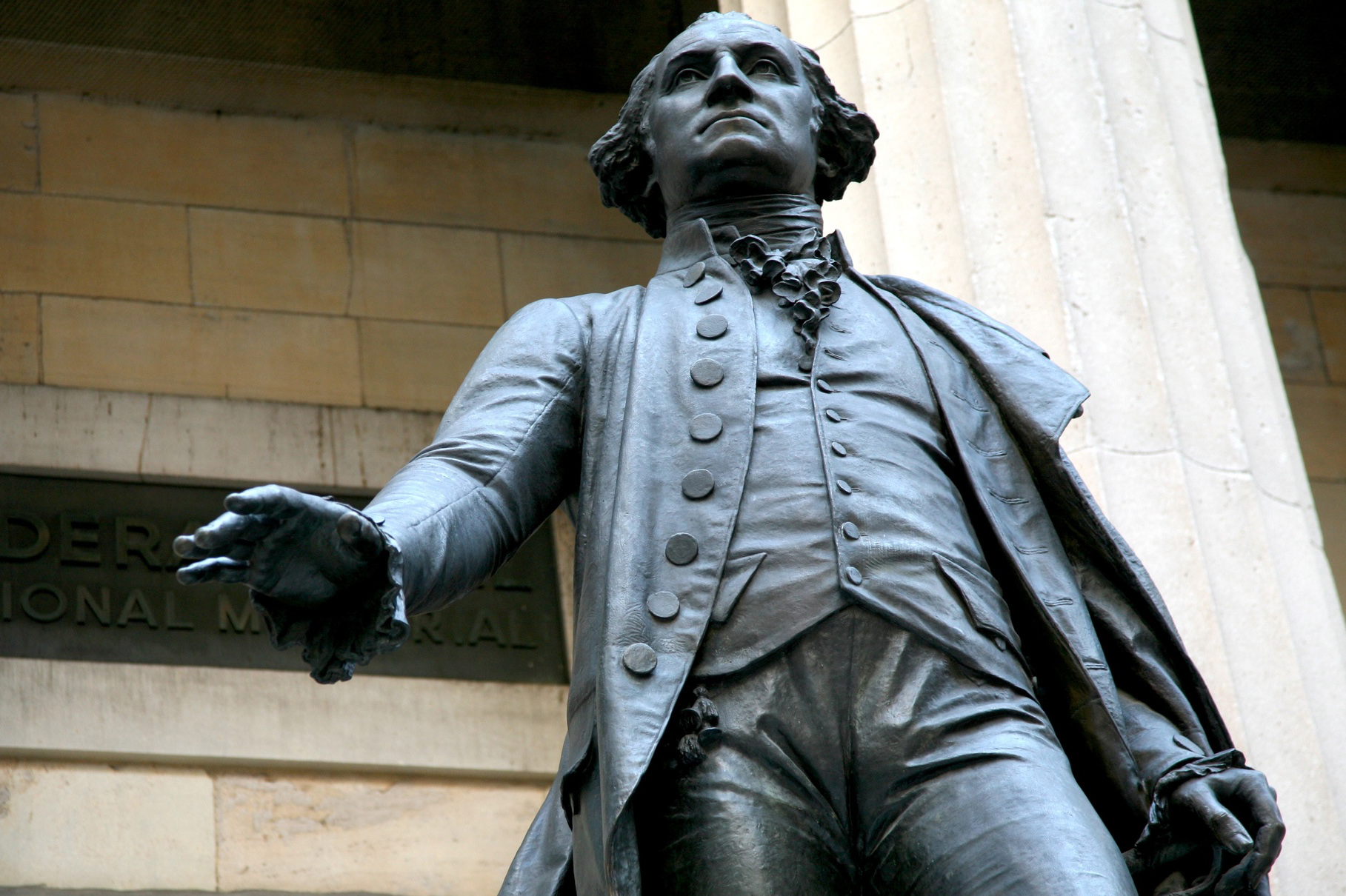A Timely Lesson from our First President About Tolerance
George Washington’s Letter to the Hebrew Congregation in Newport, Rhode Island By Ned Hill, A One-Handed Economist, and Professor of Public Administration and City & Regional Planning at The Ohio State University’s John Glenn College of Public Affairs, powered by The MPI Group On August 17, 1790, Moses Seixas, the Warden of Newport Rhode Island’s Synagogue Yeshuat Israel, read his letter of welcome to President George Washington: Permit the children of the stock of Abraham to … join with our fellow citizens in welcoming you to Newport… President Washington had two reasons for traveling to Newport. The professed reason was to recognize [...]




